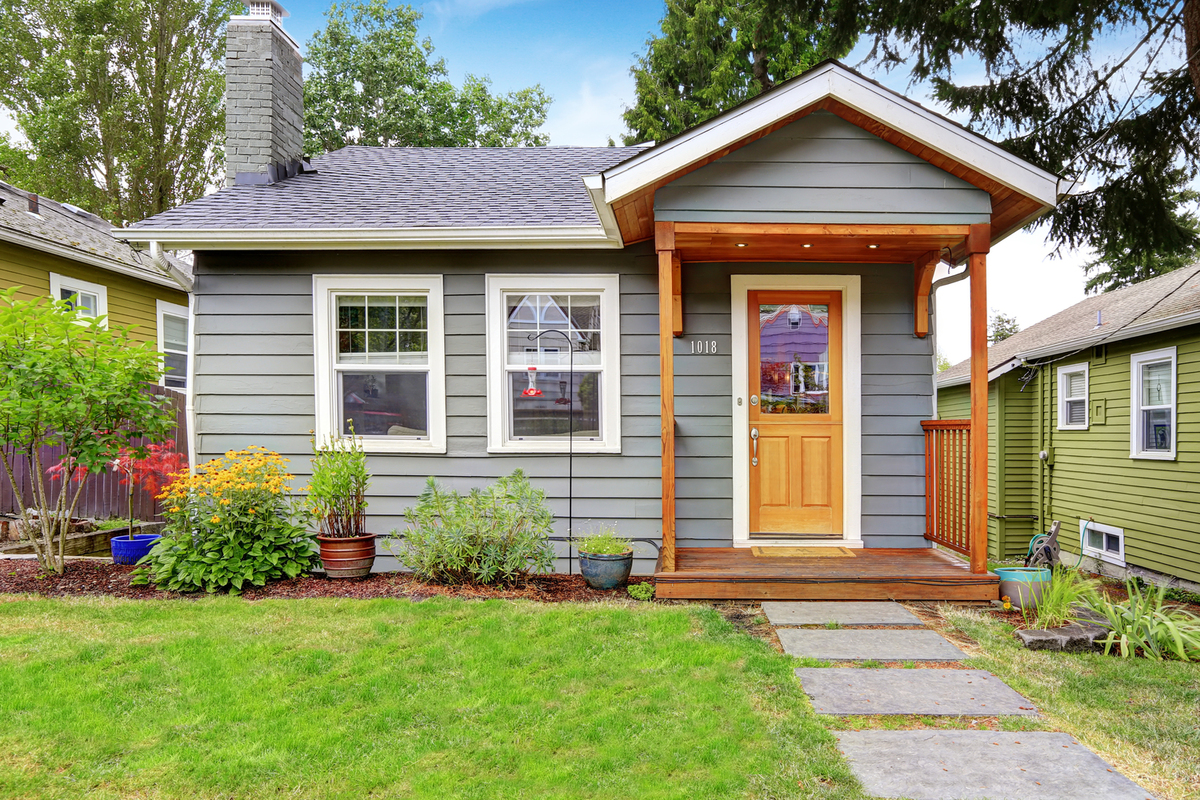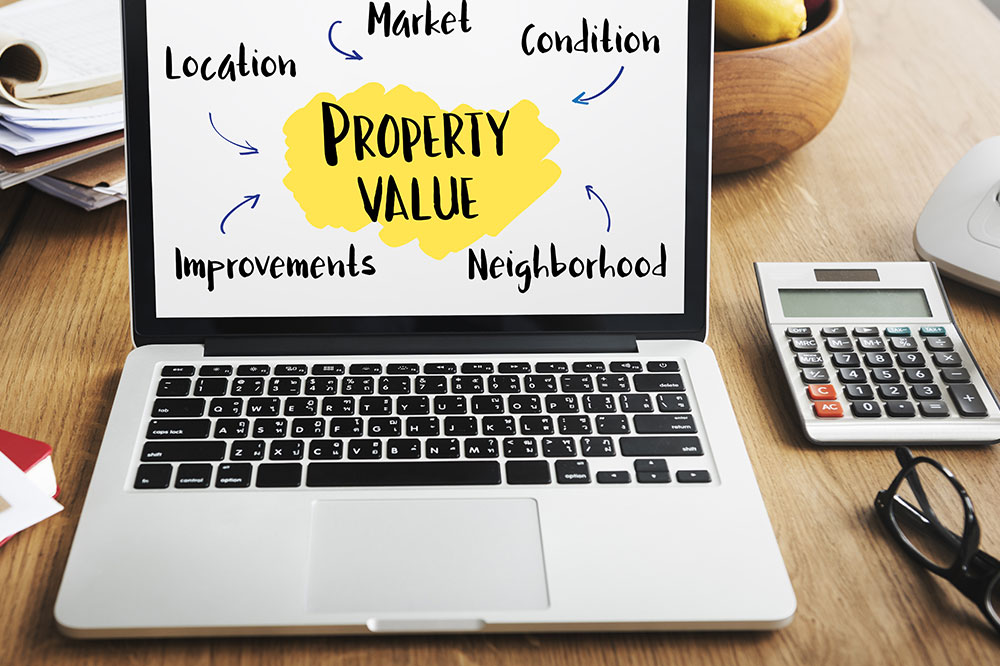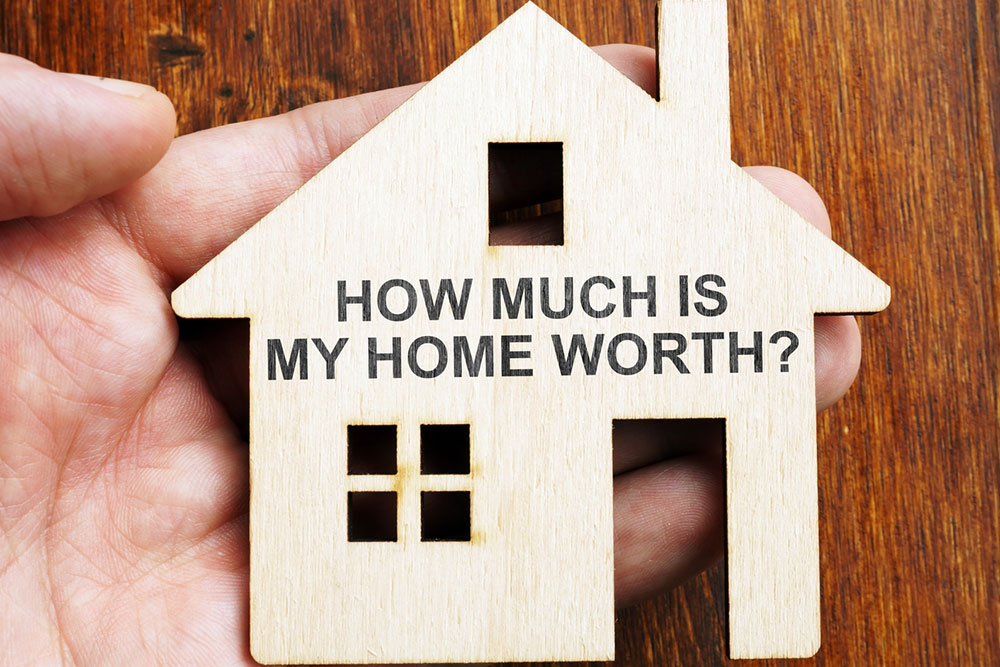Top Strategies to Assess Your Home’s Market Price
Learn effective methods to accurately determine your home's market value, including consulting real estate agents, reviewing recent sales, using online tools, hiring surveyors, and combining valuation techniques. These approaches help homeowners set competitive prices and make informed selling or refinancing decisions, ensuring a thorough assessment of property worth.
Sponsored

If you’re planning to sell or refinance your property, conducting an accurate home assessment is essential. Knowing your property's current market value enables you to set a competitive price and make smarter financial choices. Although there’s no single method for pinpointing the exact worth, considering various factors can help estimate a realistic range. These include location, size, condition, and local amenities, all influencing your home's value.
Key Factors Affecting Home Value
When evaluating your home’s worth, pay attention to several aspects:
Location of the property
Size and layout of the house
Maintenance and upkeep
Age of the property
Proximity to local facilities
Transportation links and ease of commute
School districts nearby
Flood risk (relevant in the UK regions)
Crime statistics in the area
Potential subsidence issues around the property
There are multiple ways to estimate your home’s market value effectively.
1. Consult Local Real Estate Agents
Real estate agents possess deep knowledge about local markets and can provide valuable insights into your property's worth. Reaching out to several reputable agents allows you to gather professional opinions based on current market conditions, recent sales, and property features.
2. Examine Recent Sales in Your Area
Review the sale prices of comparable homes in your neighborhood. These are properties similar in size, age, and condition, sold within the last six months. Resources such as estate agency listing sites, direct inquiries to agents, and land registry data in England and Wales can assist in this research.
3. Utilize Online Property Valuation Tools
Various free online tools offer quick estimates of your home’s value by analyzing factors like location, size, and market trends. While convenient and cost-effective, these tools provide only approximate figures, so cross-verification with other methods is recommended.
4. Engage a Certified Surveyor
Hiring a licensed surveyor gives an independent, detailed valuation. They assess physical condition, legal considerations, and comparable sales to produce a comprehensive report. Ensure the surveyor is RICS-certified for an accurate and credible estimate. This approach assures you of the true market value, especially when preparing to sell.
5. Combine Multiple Valuation Methods
Since no single approach guarantees precision, blending several techniques often yields the best estimate. Combining comparative market analysis, income valuation (for rental properties), cost approaches, and professional appraisals helps establish a reliable price range. This holistic approach is particularly effective for standard family homes in urban settings.
Comparative Market Analysis (CMA): Comparing your home to recent sales of similar properties.
Income Approach: Estimating value based on potential rental income.
Cost Approach: Calculating value based on land cost plus depreciation of improvements.
Professional Appraisal: Seeking an assessment from licensed valuation experts.





